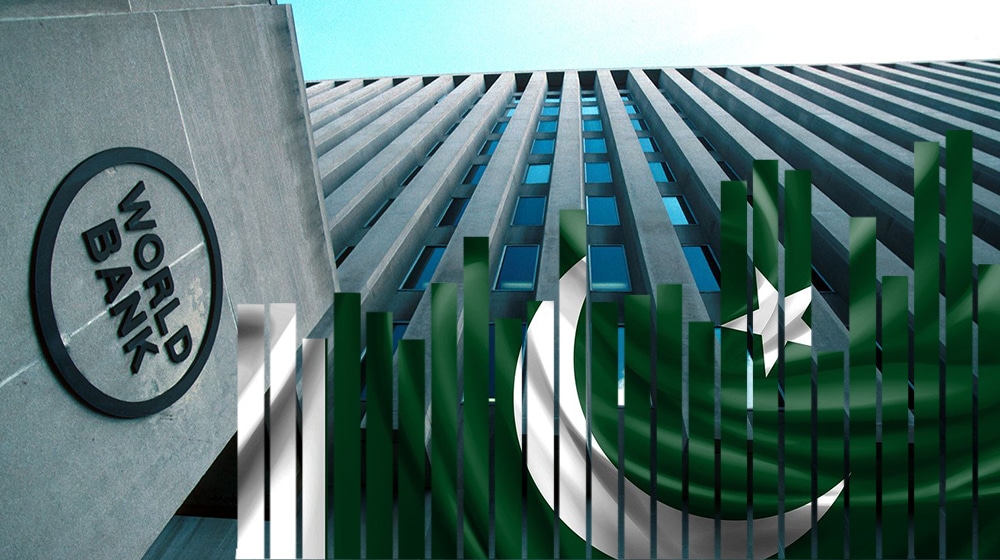In Karachi, the Sindh government is coordinating with the World Bank to initiate renewable energy projects focusing on solar and wind technologies, with the aim of mitigating greenhouse gas emissions and fortifying Pakistan against recurring natural calamities.
During a seminar titled ‘Significance of Renewable for Karachi & Export Industry: Cost of Inaction,’ Mehfooz Qazi, the Director of Alternative Energy for the Sindh Government, announced a $100 million investment in renewable energy ventures in collaboration with the World Bank.
Qazi revealed plans to generate approximately 300 megawatts (MW) of electricity funded by the World Bank, encompassing wind and solar power initiatives. He disclosed the government’s efforts to establish 500 MW solar power projects, 400 MW hydrogen power projects, and waste-to-energy projects.
These eco-friendly power ventures are crucial for safeguarding the nation against natural disasters and providing cost-effective energy solutions, particularly amid Pakistan’s economic challenges characterized by high inflation.
Qazi underscored the Sindh government’s policy of offering affordable land for alternative energy projects, highlighting the ongoing collaboration between the government and K-Electric on various alternative energy endeavors. He mentioned KE’s establishment of two 25MW projects in the Hub area, harnessing wind energy from the Gharo wind corridor.
Hammad Ali, an analyst at Renewables First, shared insights from a study titled ‘Examining KE’s Cost of Inaction in Deploying Renewables,’ emphasizing the significant cost-saving potential of timely decisions on renewable energy projects by KE.
Former NEPRA chairman, Tauseef Farooqi, advocated for the unbundling of KE and the adoption of competitive, transparent market mechanisms to enhance efficiency in the power sector.
Somanul Haq, Program Director of Net Zero Pakistan, highlighted the imperative of transitioning towards renewable energy sources to alleviate economic burdens on businesses. Haq emphasized the surging demand for Renewable Energy Credits (RECs) in Pakistan amid the escalating costs of conventional fuels and unfavorable operating conditions, which are leading to business closures.




